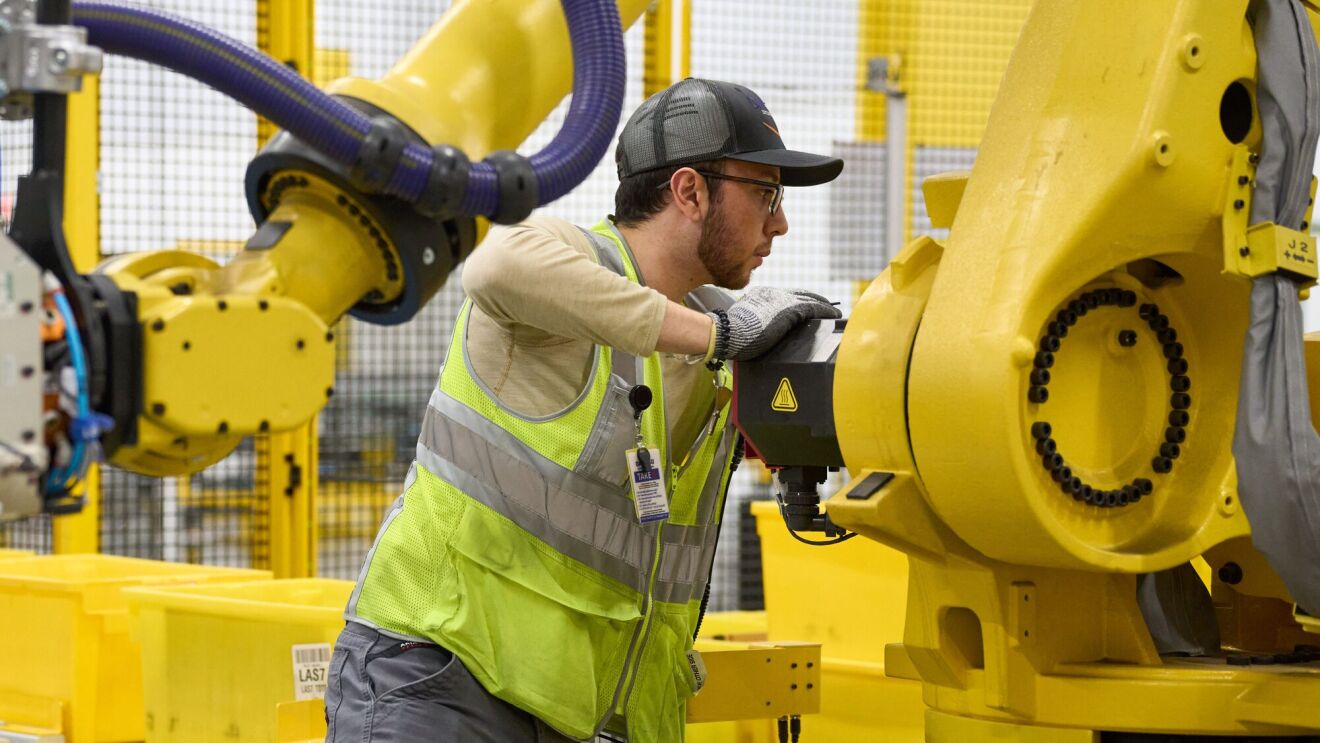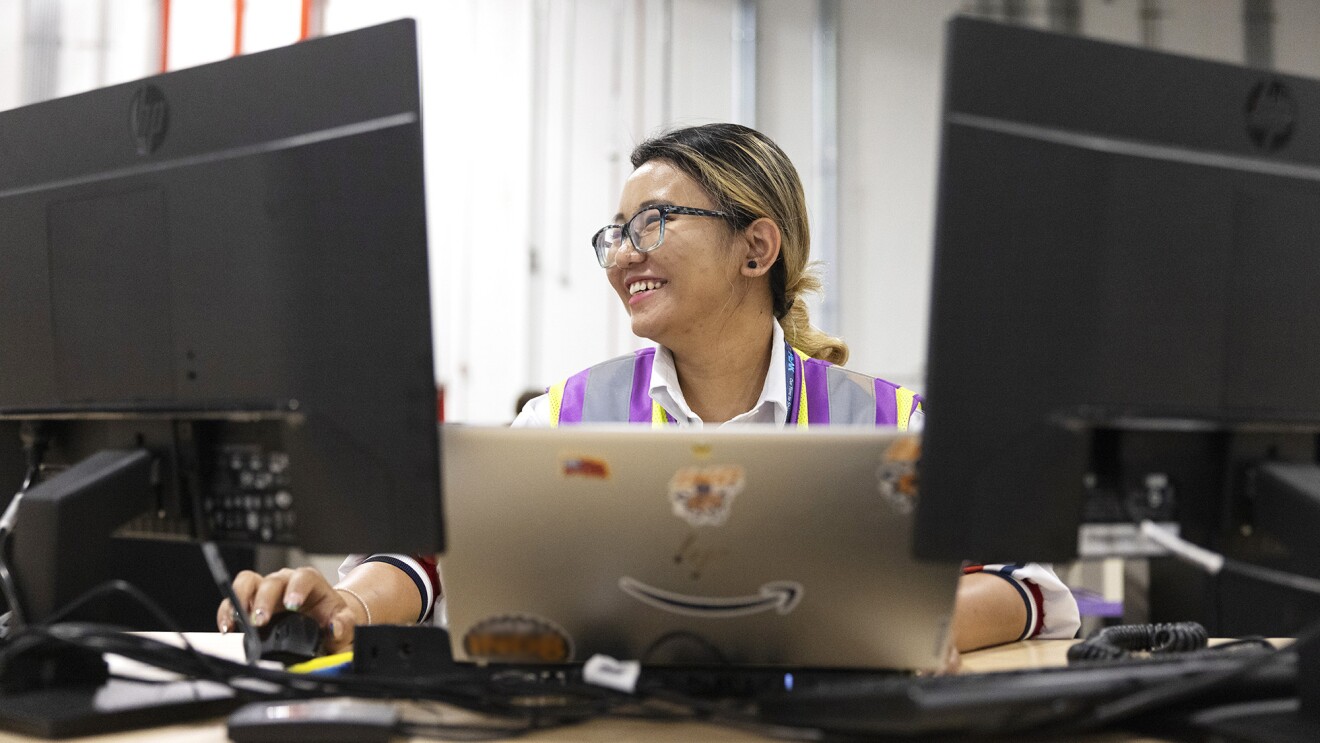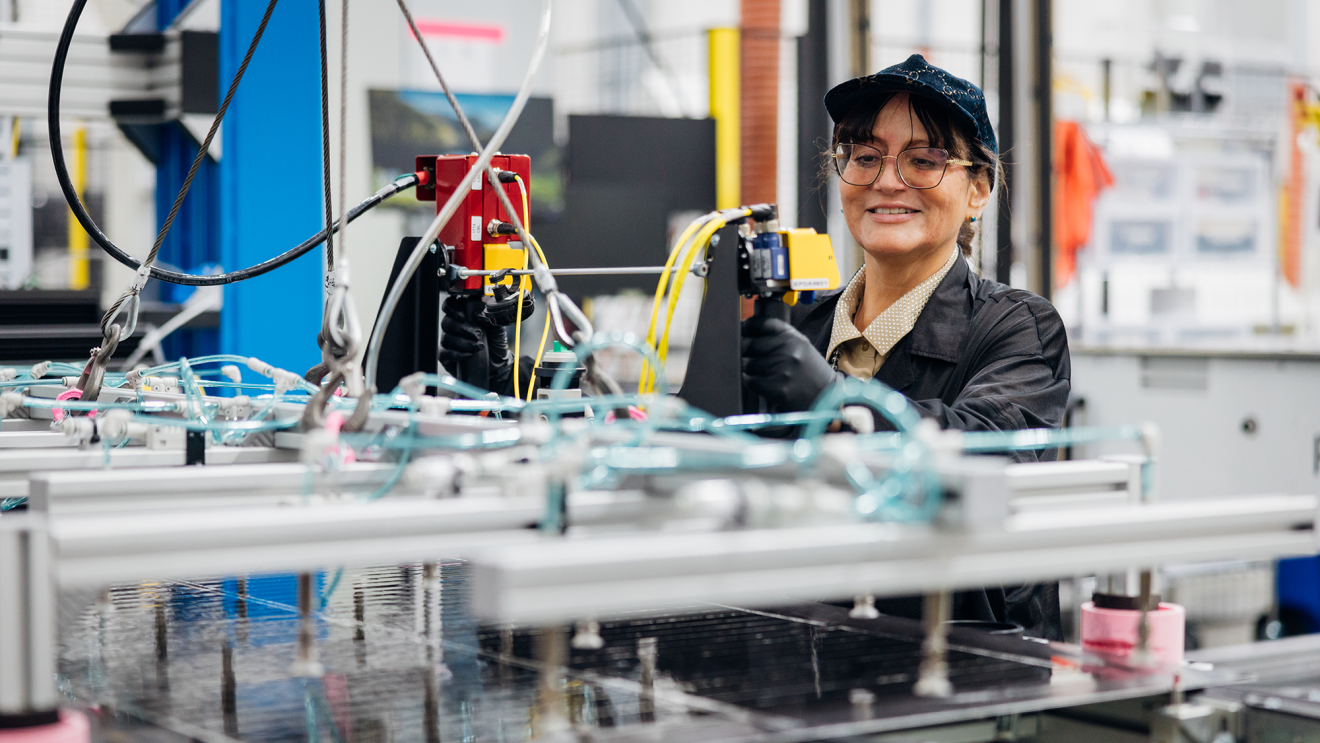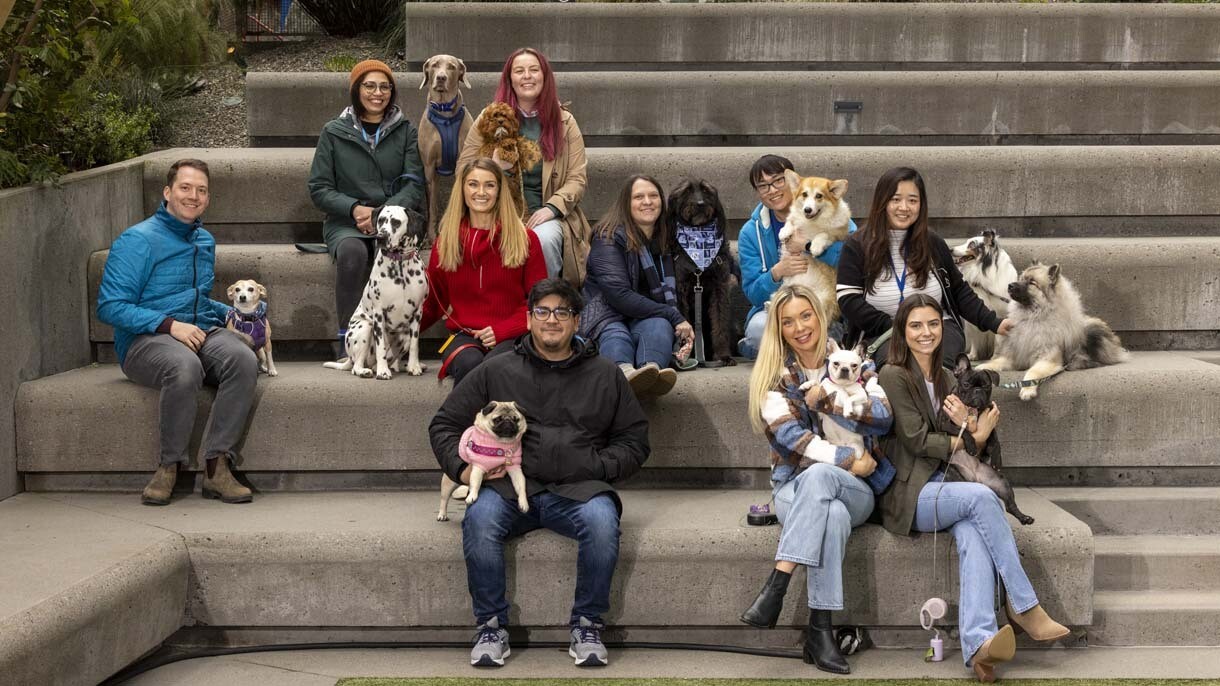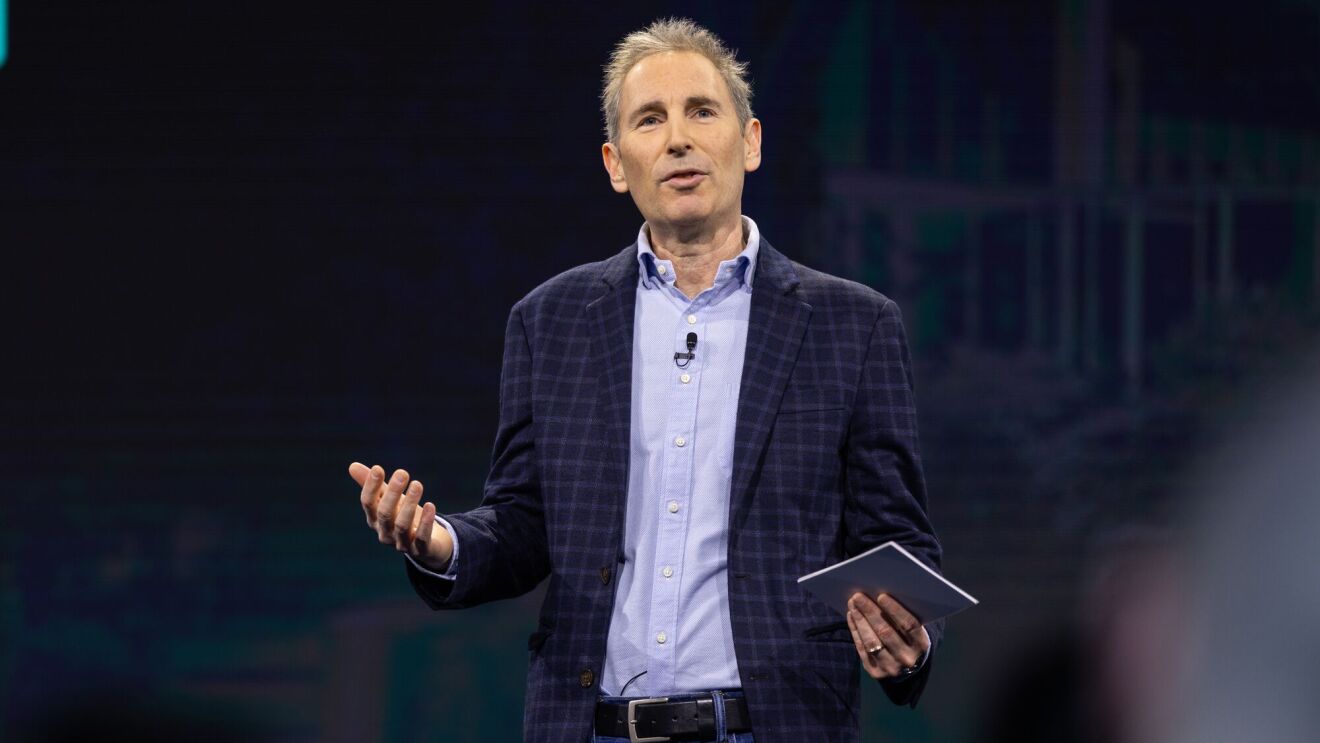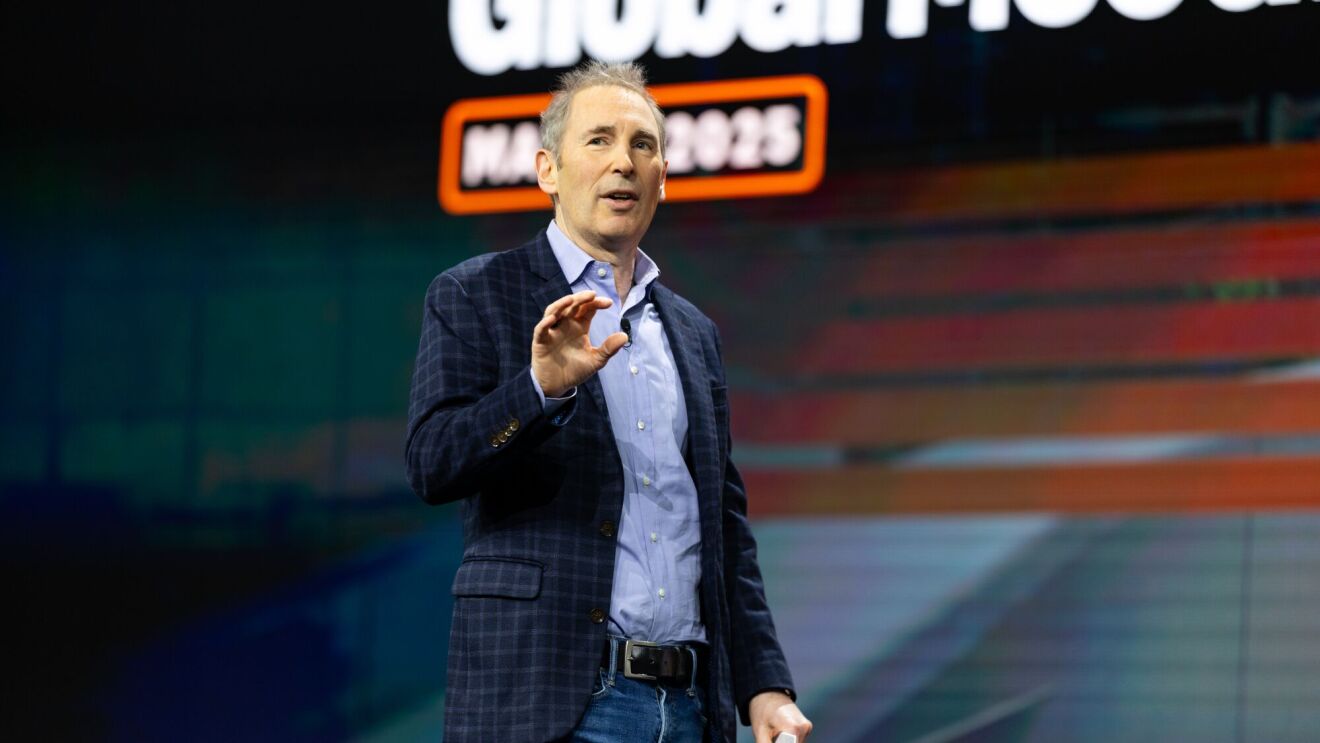Back in the early 1990s, years before career opportunities brought her to Seattle and ultimately to Amazon, Ana Pinto da Silva bounded out of college, full of fire to put her architecture degree to use. Sure, there was a recession, and it was a miserable one, but Pinto da Silva was determined to be an exception. Instead, she was a temp, she sold shoes, she did demolition for a construction crew, and she designed sets for local theater companies at night.
Then, Pinto da Silva got an opportunity to use her architecture degree and love of storytelling as a world builder in the emerging games industry. She leapt at the chance. "It started an incredible journey of being at the cutting edge of creativity and technology, inventing things, working extraordinary hours with amazing people, and shipping product." But it also meant being let go. "I think the first five interactive media companies I worked for all went under."
Teachers are all around you
Pinto da Silva could have used the upheavals to retreat from the world. She did the opposite, spending huge amounts of her free time serving as a mentor to San Francisco kids interested in art and film. She blossomed as a volunteer. She taught, and she learned. "Teachers are all around you," she said. "They're seven years old. They're 77 years old. If you open yourself to that, you open yourself to the chance to become a beautifully educated person. And you pay it forward, without any expectation of anything in return. Because that's not the point. So you give freely, and it just so happens that that's how you build community."
I see such an incredible intersection between the work that I do in community and the work that I do at Amazon…. Without community, I would be much more limited in the scope of my imagination and the scope of my understanding.
Ana Pinto da Silva
Her California community stayed at the heart of her life, even when she moved away for graduate school at Harvard and then to Seattle to lead design and technology projects for a major architecture firm. "When I arrived in Seattle, I didn't know a single person," Pinto da Silva said. Knowing no one turned out to be the reason to do something that has made her life extraordinary. A friend back in San Francisco had just launched a chapter of something called Pecha Kucha – an event which, according to the website for the original chapter in Japan, is "a simple presentation format where you show 20 images, each for 20 seconds. The images advance automatically and you talk along to the images."
Pinto da Silva's friend told her: "You should start this in Seattle. This would be the perfect thing to get to know people." So that's what she did. "Our first events had maybe 60 people," she said. "Now we've done events with well over 500 people." In a decade, 750 presenters have crossed the stage of Pecha Kucha Seattle.
Growth like that comes thanks to hard work, and Pinto da Silva has organized more than 70 of these gatherings while still devoting herself to her career, to deep civic participation, and to her family, even during bad times – like when she lost her job at the architecture firm as part of a round of layoffs that hit when she was seven months pregnant with her son.
Vulnerability is strength
Reading through the "Volunteer Experience & Causes" section of Pinto da Silva's LinkedIn profile, you wonder how she can possibly find the energy. And then you talk to her, and you come to understand that the way she spends her time ultimately fuels her. "Every time it's three in the morning and you're putting these events together, and you're so tired, you think 'Why am I doing this? This is crazy.' And then I go to the event and I can see and feel what the events mean to others. There is a sense of connectedness, of friendship, of inspired transformation. There is such a need to share experiences that allow us to dive deep into a topic, shining a light on the incredible people in our community doing such important work across so many different areas. The audience gets to hear a multitude of perspectives in a way that honors the collective intelligence of the community."
"I feel very strongly that vulnerability is strength," she added. "When I'm doing these events, I like to model that vulnerability, to show that I'm a 'person in progress,' that I'm learning, that I don't have the answers, but that the questions are worth pursuing with passion."
She brings that spirit back to her career as a principal user-experience designer at Amazon. "I see such an incredible intersection between the work that I do in community and the work that I do at Amazon. Without Pecha Kucha, there is no way I could do the job that I do at the level that I do it. Without community, I would be much more limited in the scope of my imagination and the scope of my understanding, I wouldn't have met so many amazing people, and I wouldn't have had the chance to learn in such important, critical ways."
Trending news and stories
- Meet Project Rainier, Amazon’s one-of-a-kind machine ushering in the next generation of AI
- What’s new for Prime Day 2025? 4 things that make this year’s event different
- 17 of the best early Prime Day 2025 deals you can shop right now
- Prime Day is back July 8-11, with double the days and millions of deals


